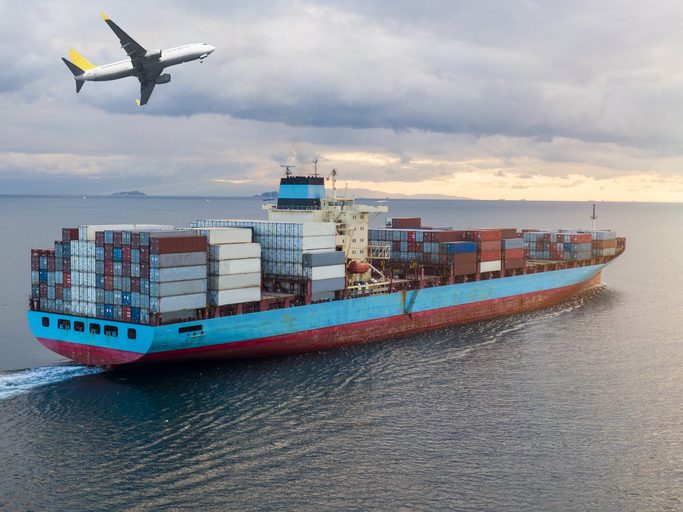
Understanding the Bachelor’s Degree in International Trade: Expert Insights
As globalization continues to shape the modern economy, there is an increasing demand for professionals skilled in international trade.
A bachelor’s degree in International Trade is designed to provide students with the necessary knowledge and expertise to excel in this dynamic field.
This article will give an in-depth understanding of what a Bachelor’s degree in International Trade entails, the skills acquired, and potential career opportunities.
Program Overview
Core Courses
Career Prospects
Conclusion

Program Overview
A bachelor’s degree in International Trade typically spans 3 to 4 years, depending on the country and university.
The program focuses on the theoretical and practical aspects of international business transactions, global market analysis, trade policies, and regulations. Students will gain a solid foundation in economics, finance, business management, marketing, and supply chain management, all of which are essential for a thriving career in international trade.

Core Courses
Students pursuing a Bachelor’s degree in International Trade should expect to cover several core courses, such as:
- International Economics: Understanding the theories and principles governing trade between nations and the macroeconomic factors shaping the global economy.
- Global Business Management: Learning the strategies and methods for managing multinational corporations and navigating the challenges of operating in multiple countries.
- International Finance: Studying the financial systems, exchange rates, and capital markets that influence international trade transactions.
- International Marketing: Examining the strategies, techniques, and tools used in marketing goods and services across borders.
- International Trade Policy: Analyzing the laws, regulations, and treaties that govern international trade, including import/export controls, tariffs, and quotas.
- Supply Chain Management: Investigating the processes and logistics involved in sourcing, producing, and distributing goods worldwide.
- Cross-Cultural Communication: Developing the communication skills necessary for effective collaboration in diverse and multicultural business environments.

Career Prospects
Graduates holding a Bachelor’s degree in International Trade may find a wide range of career opportunities in both the public and private sectors, such as:
- Import/Export Specialist: Managing the import and export processes, ensuring compliance with trade regulations, and handling logistics.
- International Business Development Manager: Identifying new business opportunities, establishing partnerships, and implementing growth strategies in international markets.
- Trade Analyst: Conducting market research and analysis to help organizations make informed decisions on international trade matters.
- Global Supply Chain Manager: Overseeing the entire supply chain process, such as sourcing, production, and distribution of goods, to ensure efficiency and cost-effectiveness.
- International Trade Consultant: Providing strategic advice and guidance to businesses on matters related to international trade, such as market entry strategies, trade regulations, and risk management.

Conclusion
A Bachelor’s degree in International Trade equips graduates with the comprehensive knowledge and specialized skills required for a rewarding career in the global business arena.
As international transactions become increasingly critical in today’s interconnected world, the demand for skilled professionals in this field is expected to grow.
By pursuing a degree in International Trade, students can seize the opportunity to make a significant impact in the world of global commerce.
International Trade Tip and Strategies for Success in Introduction



